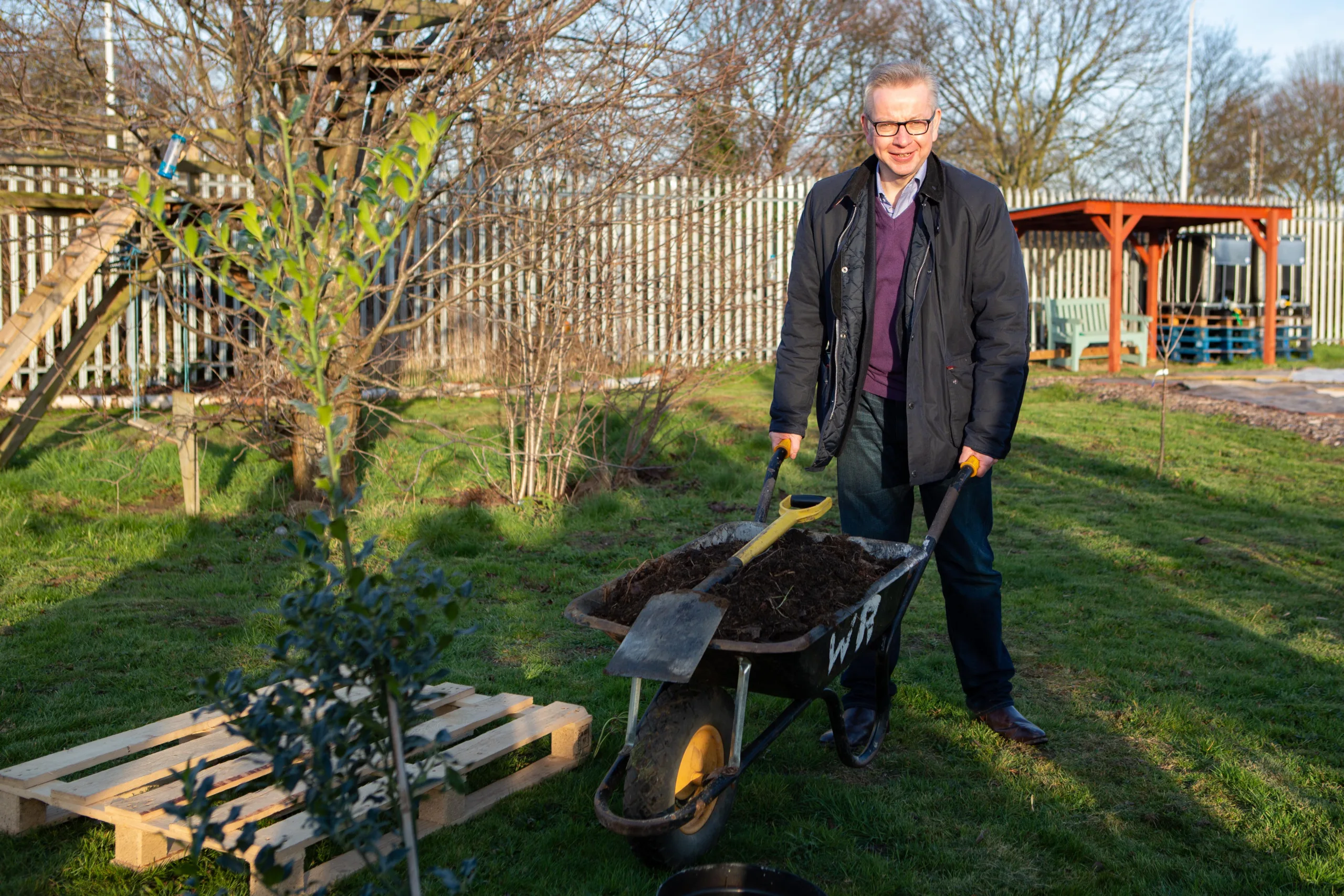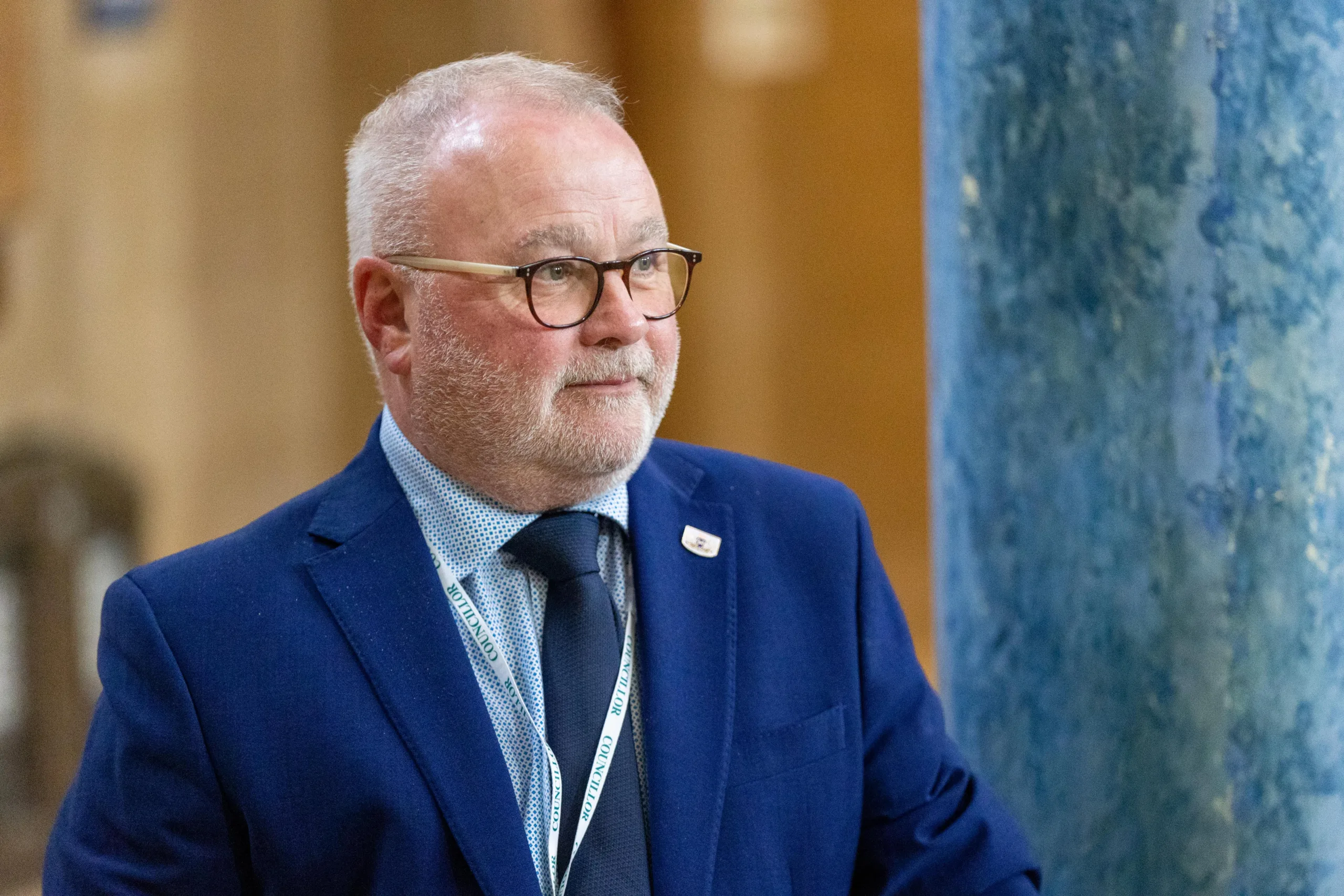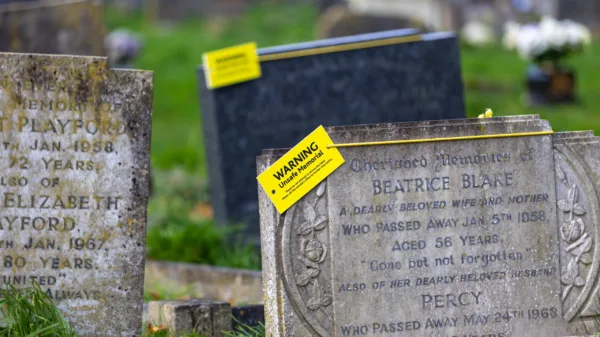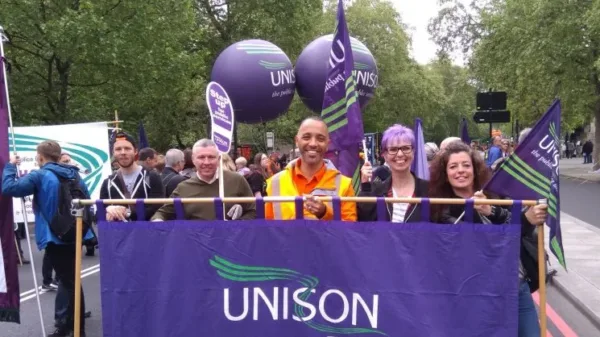The Government is set for a head-on clash after it described as “inappropriate” the decision by South Cambridgeshire District Council to experiment with a four-day week.
The council had agreed to extend the trial for a year, but now local government minister Lee Rowley has written to council leader Bridget Smith to “ask that you end your experiment immediately”.
Some newspapers are interrupting his letter as a demand but at the moment it seems it is merely a request though couched in terms that suggests the Lib Dem leader has incurred the displeasure of Mr Rowley and his Conservative colleagues.
The minister told Cllr Smith, in a letter dated June 30, that he felt a 4-day week model was inappropriate for local councils.

Cllr Bridget Smith said: “We should also remember that the five-day work week is around 100 years old”
“As I am sure you are aware, all councils are expected to ensure that finite and valuable taxpayers’ money is used in a way which demonstrates value for money – something which paying employees for an extra day of work that is not carried out is unlikely to demonstrate,” he wrote.
“I strongly believe in the ability of councils to innovate and find new ways to discharge their responsibilities – yet removing up to 20% of the capacity to do those activities is not something which should be acceptable for a council seeking to demonstrate value for money for its taxpayers and residents.
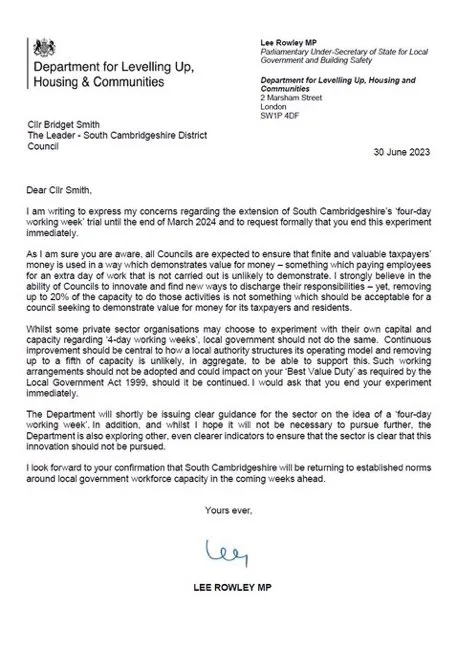
“Whilst some private sector organisations may choose to experiment with their own capital and capacity regarding ‘four-day working weeks’, local government should not do the same.”
Mr Rowley suggested that South Cambridgeshire Council may be in breach of its legal obligations.
However, it is likely it will need Mr Rowley’s boss, Michael Gove, the Secretary of State at the Department for Levelling Up, Housing & Communities, to turn the request into an order.
Mr Rowley merely says the department will “shortly be issuing clear guidance” on the matter.
He concluded his letter to Cllr Smith by stating he looked forward “to your confirmation that South Cambridgeshire will be returning to established norms around local government workforce capacity in the coming weeks ahead”.
South Cambridgeshire District Council is yet to respond.
However, the council announced only recently that the trial of a four-day week has been extended by 12 months, after independently reviewed data showed the initial pilot was a success.
“At a time of increased public sector spending pressures, the four-day week aims to allow the council to continue to deliver excellent services to residents and businesses, whilst improving consistency and reducing cost,” said a council spokesperson.
“Following the well-publicised success of many similar trials in the private sector, the district council became the first local authority in the country to trial this way of working between January and March 2023.
“Around 450 desk-based staff have been involved. The council decided to undertake the trial because of the acute recruitment and retention issues it was facing – mirroring the national recruitment and retention situation in the public sector.”
The council says that before the trial started, they were spending about £2million a year on agency staff, often in specialist roles where the private sector pays more.
“This bill could be halved if all the agency posts were filled permanently,” said the spokesperson.
“Although the three-month trial wasn’t expected to see improvement in recruitment, because there was no certainty about whether it would continue, the council’s annual wage bill has already decreased by £300,000.
“Additionally, some staff have decided to stay at the council when they may have otherwise moved-on.”
In May the Cabinet agreed to extend the four-day week trial up until the end of March 2024.
The council had already pledged to investigate expanding the trial to its bin crews – which are part of the Greater Cambridge Shared Waste service with Cambridge City Council.
Cabinet members also agreed to begin that trial for bin crews this summer – pending agreement from Cambridge City Council.
Cllr Smith said: “The data from our trial, which has been robustly analysed by a highly qualified team at the University of Cambridge, has shown that our services to residents and businesses have been maintained – or in some cases, improved, and there has been a positive impact on staff wellbeing.
“We can therefore confidently say that this pioneering trial has been a success. It is now time to see whether a four-day week can have a positive impact on the critical recruitment and retention issues that we face over a longer term.
“The savings we make will help support the delivery of frontline services, especially for those impacted by the cost-of-living crisis. This is all in line with our aim to be a modern and caring council. We should also remember that the five-day work week is around 100 years old.
“Across the country, we work some of the longest hours in Europe and yet somehow, have one of the least productive economies. This idea of a four-day week is absolutely not about working less. It is about working smarter and becoming more productive. That is exactly what we have done in the first part of this year.”
Joe Ryle, Director of the 4 Day Week Campaign, added: “We're really pleased that after a successful trial, a year-long extension has been approved by councillors. This decision should give confidence to the many other councils across the UK who are considering launching their own four-day week trials.
“The evidence shows that a four-day week with no loss of pay improves productivity and is a win-win for both workers and employers.”

